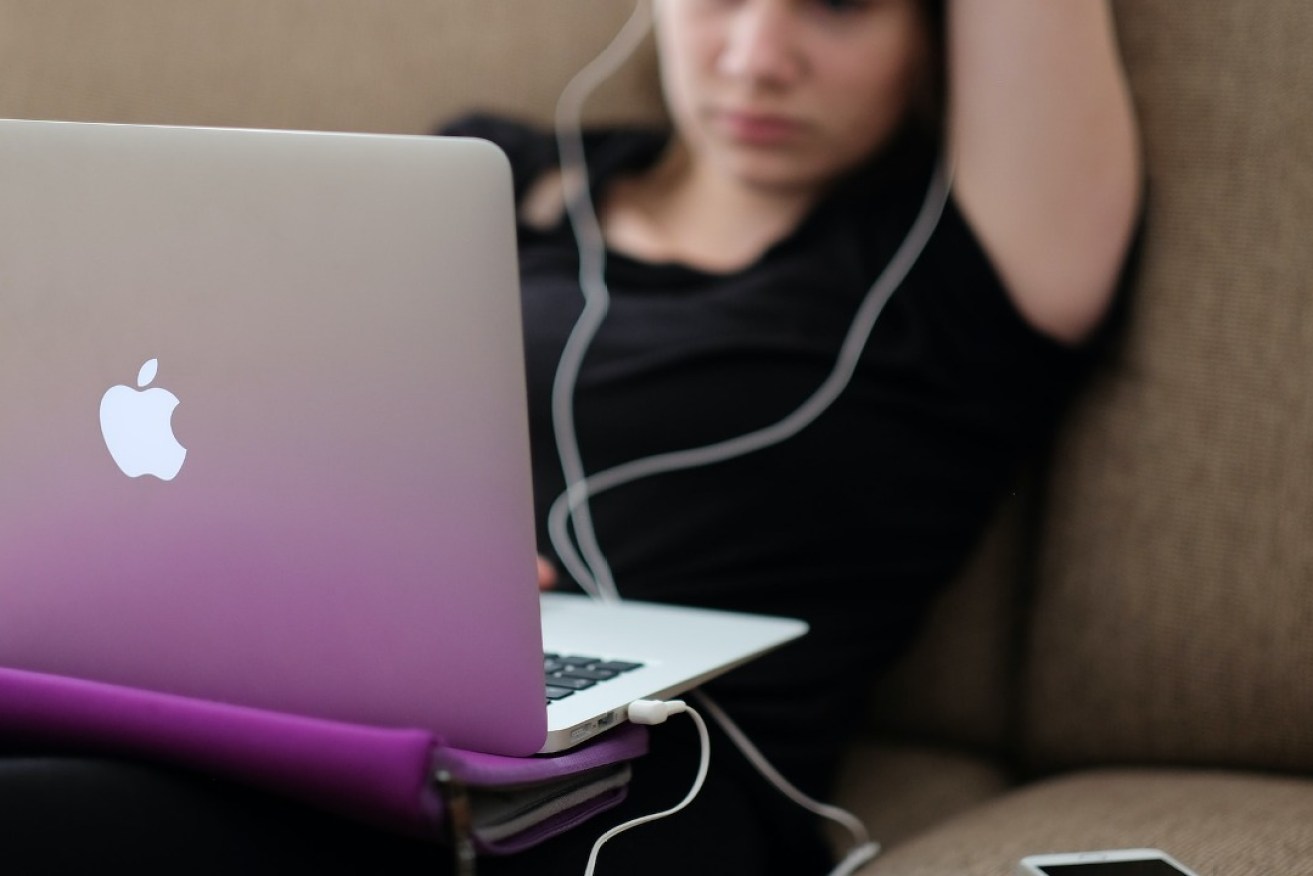The pandemic’s toll on children’s wellbeing
The wellbeing of South Australian children has progressively worsened over the past six years with a further decline since 2020, according to new University of South Australia research.

While COVID restrictions have lifted, wellbeing hasn’t, and researcher Professor Carol Maher is surprised by the “sustained drop”. Photo: Unsplash
Analysing annual government school data from the Department of Education’s Wellbeing and Engagement Collective census, researchers found the COVID-19 pandemic has had “long-lasting disruptions” with implications not only for local children but globally.
Students aged nine to 14 self-reported on life satisfaction, optimism, happiness, cognitive engagement, emotional regulation, perseverance, worry and sadness.
Lead researcher Dr Dot Dumuid said the study found the wellbeing of pupils who are female, in later school grades and socioeconomically disadvantaged to be particularly worrying. But students who are male, in earlier school grades, have high parental education, speak languages other than English at home, and live regionally and remotely had greater wellbeing indicators.
“During the pandemic, children had to change the way they learn, play and socialise, all the while living in an environment of widespread uncertainty and anxiety,” Dumuid said.
This included decreased physical activity, increased time spent seated and increased use of screens and social media, with growing rates of obesity, nutritional deficiency, and fast food consumption.
Additionally, social isolation and the cancellation of important events such as graduations, sporting games and school trips have been found to contribute to poor pandemic health in children.
While restrictions have lifted, wellbeing hasn’t, with researcher Professor Carol Maher “surprised” by the “sustained drop”.
“An important thing to realise is that our analysis suggests there was a decline happening before COVID, it’s just that it was more dramatic at COVID,” Maher said.
“We saw this drop at COVID, but it hasn’t rebounded.”
Maher said she suspects the public school study’s results would be similar in private education settings, with pandemic changes experienced similar on a “societal level”.
Lower wellbeing is associated with smoking, alcohol and drug use, with Dumuid saying now is “a critical time” to support young people’s wellbeing, particularly the at-risk age group of nine to 14.
Maher said improving children’s wellbeing “takes a village”.
“Making sure the kids are eating a nutritious diet is important, making sure they’re getting enough sleep – there is a really strong link between limited sleep and poorer wellbeing, making sure they’re getting plenty of active play, trying to limit how much time they’re spending on screens, social media,” Maher said.
“Hopefully helping them have connections with other people, good friendships and good connections with family, good connections with friends outside of school, so that they’re socially well-connected [will help].”
Dumuid said she welcomes education initiatives such as the federal government’s new national wellbeing framework and the South Australian Department for Education’s School Mental Health Service, but that more is needed to ensure this generation doesn’t “slip through the cracks”.
“The next step is to understand it and understand why it would be and if there’s anything that could be done to address particularly those kids that are struggling the most,” she said, suggesting running smaller-scale studies to comprehend the patterns.
Maher said they are waiting on this year’s data to see if there is an upturn in the wellbeing rates.
“The newer [2023] data has been collected but it’s not available yet, so we’ll certainly be really keen to look at that when it comes out,” she said.
“You would hope that we’ll start to see some recovery in it in these next couple of years.”




